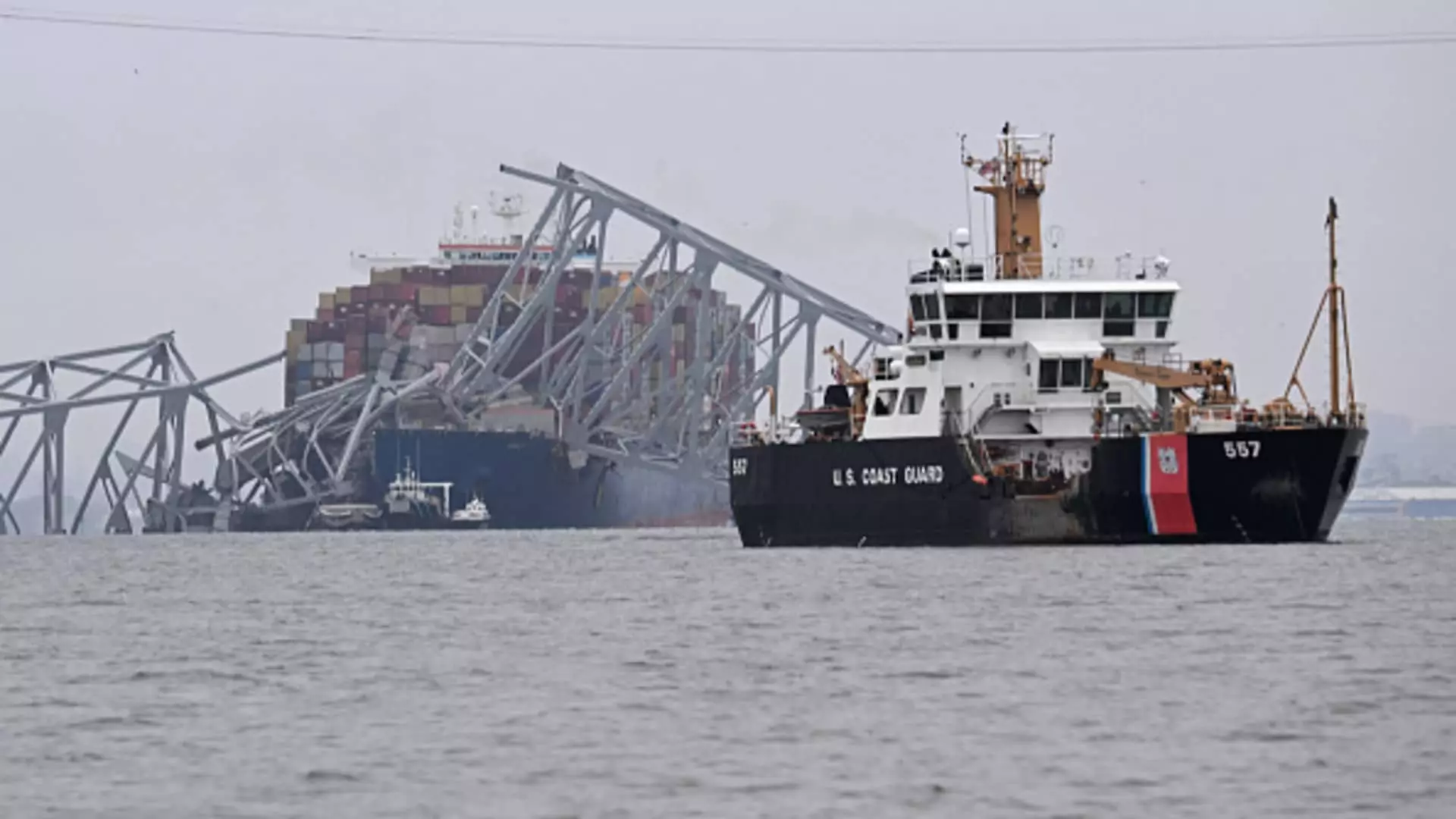The recent Baltimore bridge collapse has put carmakers on high alert as they assess their operations following the closure of the busiest auto port in the U.S. The incident, in which a cargo ship collided with the Francis Scott Key Bridge causing it to crumple into the water, has resulted in the presumed death of six bridge workers. This tragic event has led to the closure of the Port of Baltimore until further notice, forcing logistics companies to quickly make arrangements to divert their imports and exports to other East Coast ports.
Major car manufacturers such as Mercedes-Benz, Volkswagen, Volvo, General Motors, Ford, Toyota, Nissan, and Mitsubishi are now faced with the task of evaluating the situation to determine the potential impact on their operations. While some companies like Mercedes-Benz USA are already shifting focus to other entry ports like Brunswick, Georgia to help ease import pressures, others express concern over potential disruptions in their supply chain. Volkswagen Group of America, for example, expects possible trucking delays due to diverted traffic flows in the area, despite no significant impact on vessel operations.
The closure of the Port of Baltimore, which handled over 847,000 cars and light trucks last year, has triggered a chain reaction in the transportation industry. Logistics companies are now looking to divert shipments to other ports such as those in New York, New Jersey, Virginia, Georgia, and South Carolina. This redirection of goods is likely to increase journey times, impacting businesses that depend on timely deliveries, particularly the automotive industry that relies on global assemblies for its operations.
The Baltimore bridge collapse has not only affected local operations but has also sent shockwaves through the global shipping industry. With ongoing volatility due to attacks on ships in strategic routes like the Red Sea towards the Suez Canal, the incident adds to the already existing concerns about supply chain disruptions. Christian Roeloffs, CEO of logistics platform Container xChange, highlighted the significance of the Baltimore port as a crucial gateway for specialized cargo and bulk handling, serving as a vital link in many supply chains. Delays in cargo movement could potentially lead to inventory shortages, further impacting businesses that rely on seamless transportation operations.
The Baltimore bridge collapse has initiated a series of challenges for carmakers and logistics companies, forcing them to reevaluate their supply chain strategies in the wake of the port closure. While some companies anticipate minimal disruptions, others are bracing for potential delays and inventory shortages. As the situation continues to unfold, the automotive industry must adapt to these unexpected changes and implement effective countermeasures to mitigate the impact of the Baltimore bridge collapse on their operations.


Leave a Reply